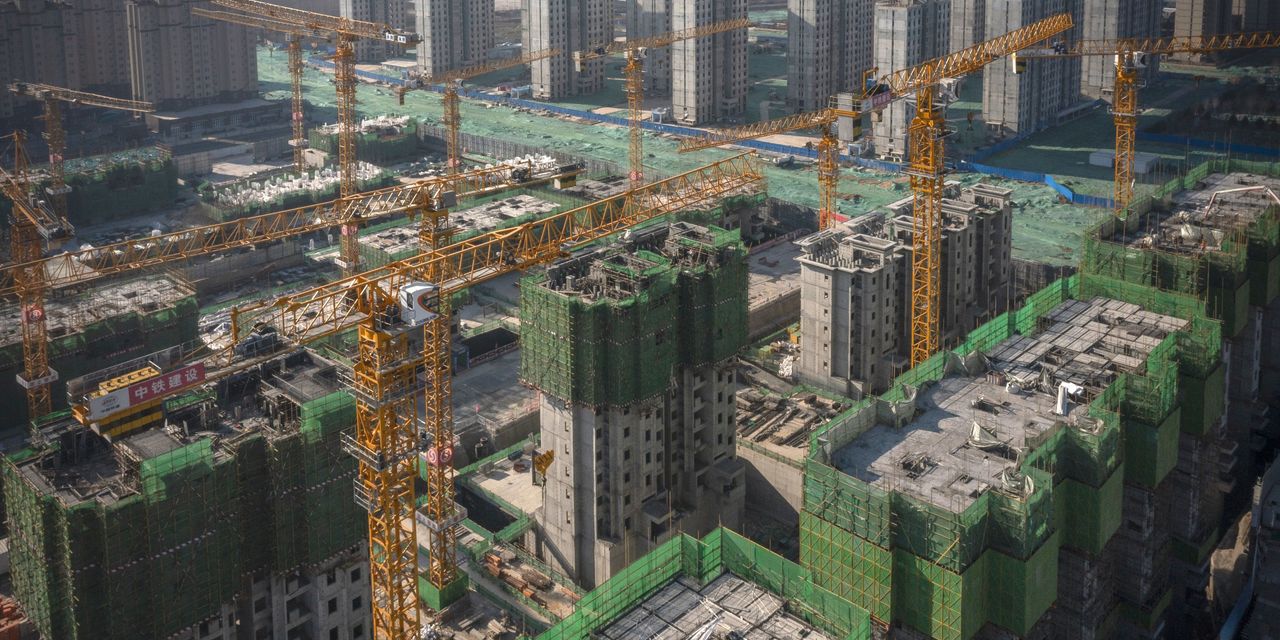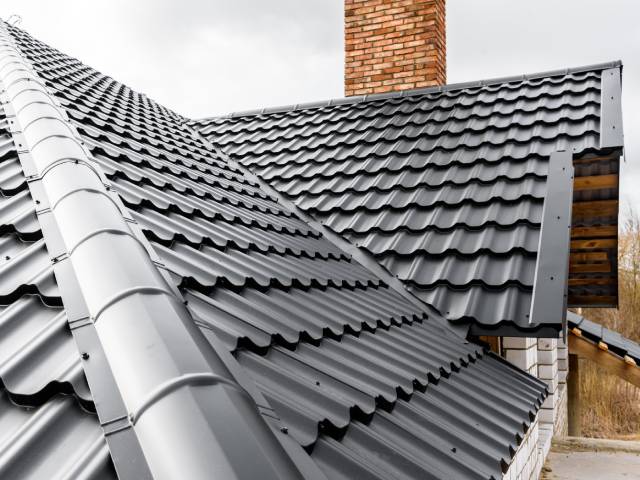latest announcement is raising more questions about how much it really owes. Investors may not like the answers: especially since Chinese property developers’ hidden debt problem isn’t confined to Evergrande alone.
The beleaguered Chinese developer said Tuesday that more than $2 billion of cash held by its separately listed property-service unit has been seized by banks as security for third-party pledge guarantees. The subsidiary said it discovered this during the preparation of its 2021 financial report. Both Evergrande and the unit won’t be able to meet the deadline to publish their annual results before the end of March.
Evergrande hasn’t said what those guarantees are for, or when the banks seized the cash. But it is likely they are linked to the parent company. Lenders seem to be holding on to whatever assets they can still recoup from Evergrande. That would presumably leave even fewer assets remaining on the table for other creditors—such as offshore bondholders.
And investors have been largely kept in the dark about such hidden liabilities.
which generates fees from managing apartment complexes, was assumed to be a relatively solid business with recurring revenue and holding net cash. That assumption turned out to be rather rosy: the cash seized by banks comprises nearly all of the cash on its books.
Indeed, the unit was considered one of Evergrande’s more attractive assets. Evergrande tried to sell its 50.1% stake in the unit for $2.6 billion to its peer
Development in October. That stake was worth $1.6 billion last Friday. Trading in both stocks have been suspended since Monday.
It is now clear that the way that deal broke down was a big red flag. Hopson said it wanted to deposit the proceeds from the sale with Evergrande Property Services itself—as it would be easier to recover any monies owed by the parent to its subsidiary that way. But Evergrande asked Hopson to send the payment directly to it: a request the buyer turned down. That appeared to be indicative of potential problems arising from related-party transactions or obligations that would weigh on the asset’s real value even after the sale. These latest revelations lend further weight to that interpretation.
The hidden debt problem probably isn’t unique to Evergrande.
for example, surprised the market last year by saying that it had guaranteed some wealth-management products. More similar incidents may come to light as auditors have now been clued in to the problem. Evergrande said its auditor has added a large number of additional procedures this year. Partly blaming Covid-19, a number of other developers such as Sunac and Ronshine have also said they can’t publish their audited annual results on time. Some have changed their auditors recently.
The Evergrande saga has gone on for months, but investors are still none the wiser on how much value, if any, the company still has. And worryingly, several other important developers may have similar problems—if not quite as large. China’s real estate debt woes are far from over.
Write to Jacky Wong at jacky.wong@wsj.com
Copyright ©2022 Dow Jones & Company, Inc. All Rights Reserved. 87990cbe856818d5eddac44c7b1cdeb8




















